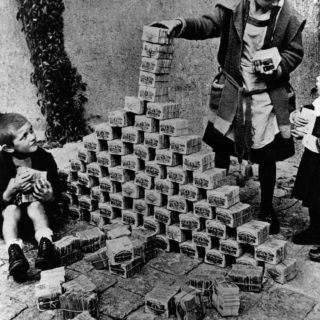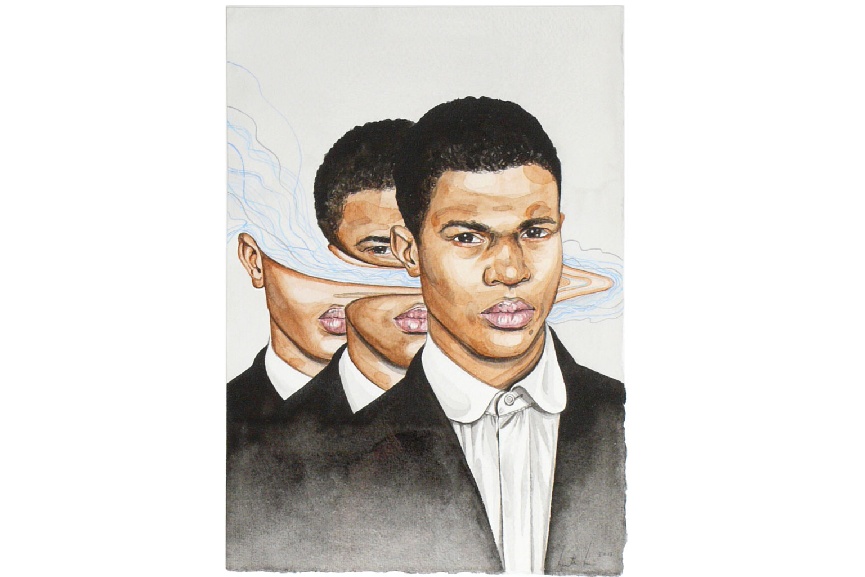The Lipstick Effect: what is it all about?
First brought into spotlight by Leonard Lauder, the chairman emeritus of The Estée Lauder Companies Inc., the Lipstick Effect states that during economic hardships and crises, consumers tend to buy more lipstick instead of expensive items such as jewelries, apparel or the like. Proponents of this theory refer to the fact that after the 9/11, statistics showed an 11% rise in demand for lipsticks. Later, in 2008, Lauder said that he had noted a rise in his company’s sales of lipstick. Similarly, during the Great Depression, cosmetic sales rose while the economy was experiencing some of its darkest days....




